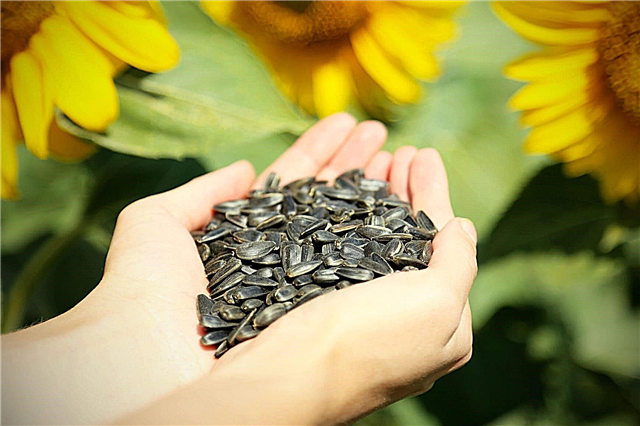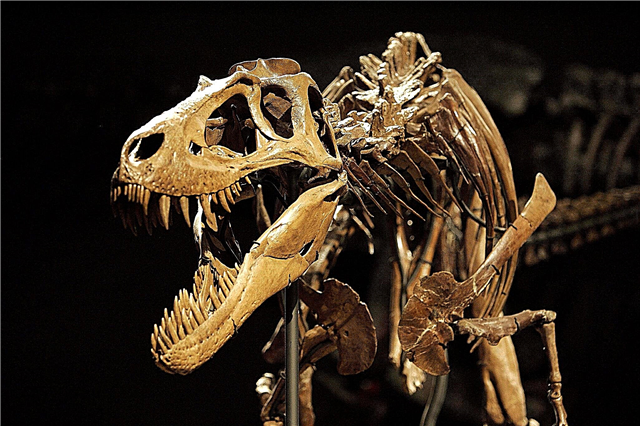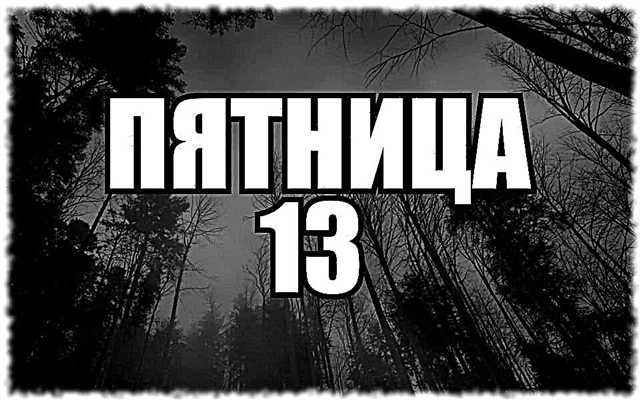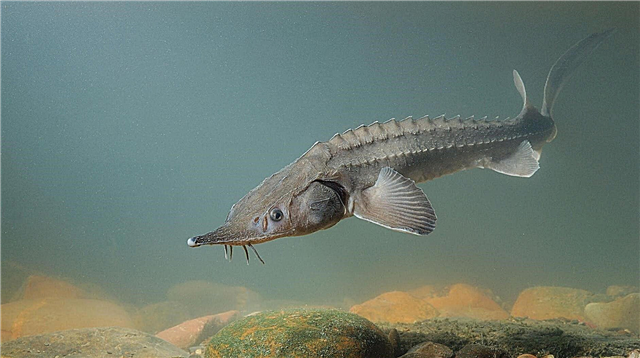
Turkey has many names - it happened historically. It is the word Porta that is most rooted in European languages - in Russia such a name for Turkey can be heard infrequently.
But why did the country come to be named in that way? How is this word translated, and what does it mean? If you delve into the history, as well as study some language aspects, you can easily answer this question.
The influence of diplomats

The Ottoman Empire was a prosperous, strong power. Of course, the European countries had diplomatic relations with her, sent their specialists to conduct international affairs, and to resolve various issues. As a rule, diplomats came to Turkey by sea, by ship. And they needed to get not just into the country. First of all, their goal was a “sofa” - the so-called meeting of high-ranking officials, officials of the empire, and they were also personally interested in the vizier and the sultan. They needed to get into the residence of the person in charge of the country.
Their immediate goal was in the capital of the empire, in the city of Istanbul. To get into the courtyard of the great vizier, which was opposite the sultan's court, it was necessary to go to the city center, and then pass the so-called High Gate. In the local dialect, their name sounds like Bab-i Ali, in Italian, the word “gate” sounds like Porta. French also sounds similar: Porte.
Initially, the word began to refer to the government of the country, all together, along with the vizier and the sultan. Speaking about the need to get into the Turkish office, diplomats stated that they needed to go to Port. And then this slang diplomatic name was transferred to the country itself.
Title and its relevance
The name of the Port has become relevant for the Ottoman Empire since its heyday - since the Europeans began to recognize it as a serious state with which it makes sense to form good diplomatic relations. It was from the 15th century that European diplomats began to strive to visit the country's royal court, explaining to each other what they needed “at the gate” - at the Port, that is, to the vizier or sultan.
But for Russia, such a name was not relevant, it to one extent or another came into use much later. After all, since the 16th century, Turkey and Russia have been at enmity, and hardly anyone would think of calling the residence of the enemy the Brilliant Port. And diplomats from the Russian Empire did not travel to Turkey too often, so the issue was decided in advance initially.
The disputed lands were Crimea, Astrakhan, many related issues and political trends also became an occasion for discord, which gave rise to numerous conflicts that flared up from century to century.
The concept of the Port came into Russian usage much later than in Europe, and it cannot be said that it would be so firmly entrenched in it. But the concept of the Ottoman Empire was much more obvious and understandable.
Where does the name Ottoman Empire come from?
As a separate state, Turkey was formed in 1299, by the forces of the leader of the Turkic tribe Osman, whose dynasty then continued to rule. The state became an empire in 1453 - immediately after the fall of Constantinople. In 1590, it reached its maximum flowering, and it is not at all surprising that diplomats of that time began to call the Port High or Brilliant.
These words did not illustrate at all the gates through which one had to go to the sovereign or his court, it was a compliment to the empire itself, which everyone had to reckon with. High stone gates really caught the eye of contemporaries, looked expressive, emphasizing the power of the state with its dimensions, but it was impossible to name them completely unprecedented and unique in the world in size or beauty of decoration.
Thus, Turkey began to be called Porta thanks to European diplomats who nicknamed it because of the gates that had to be passed in order to get into the vizier’s courtyard, to approach the Sultan. The name has become relevant since the 15th century, when the Ottoman Empire began to rise, and European guests began to visit it very often.











